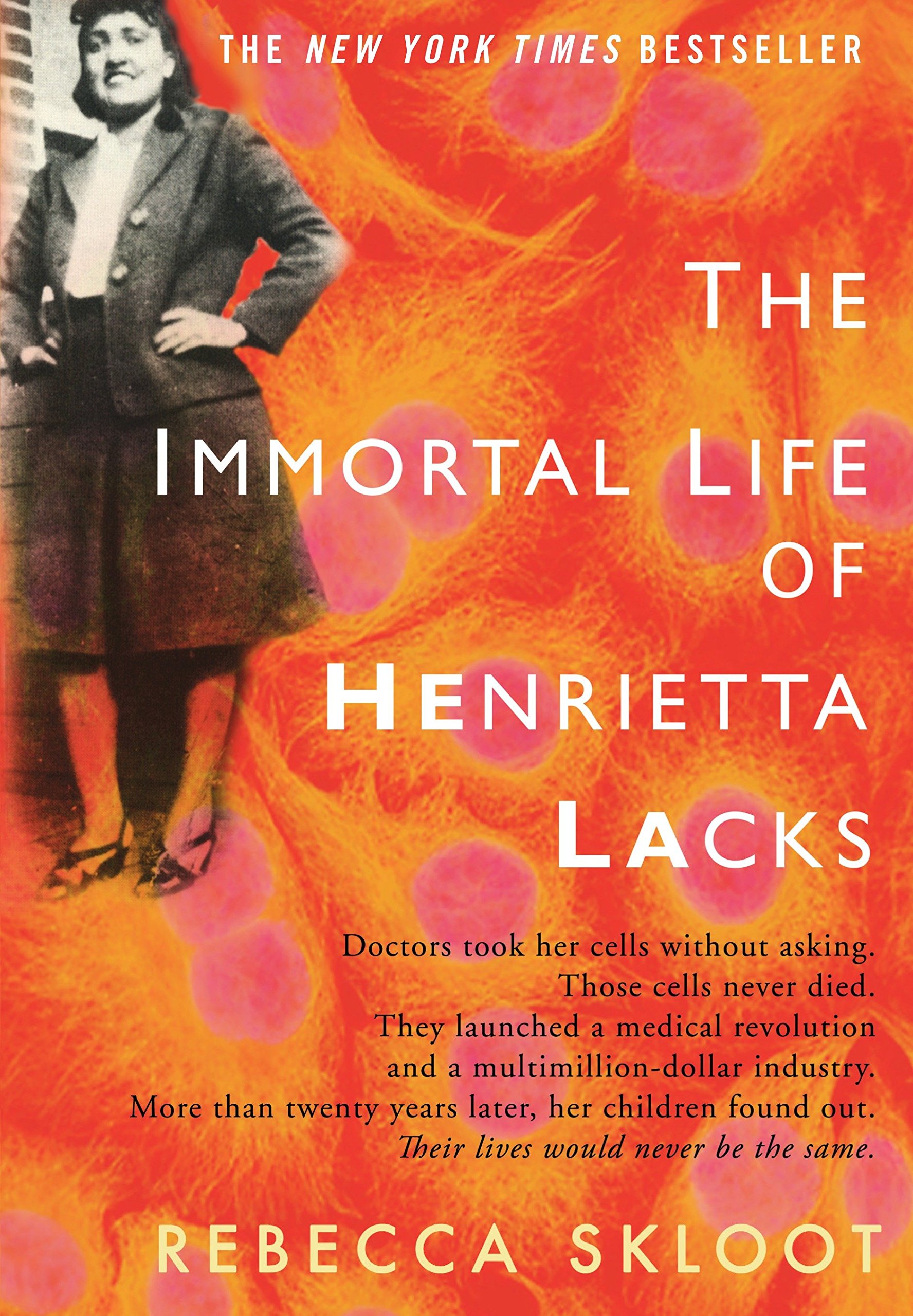The Immortal Life of Henrietta Lacks is a fascinating and thought-provoking book that delves into the complex issues surrounding the use of human tissue in medical research. The book tells the story of Henrietta Lacks, who was diagnosed with cervical cancer in 1951 and treated at Johns Hopkins Hospital. Without her knowledge or consent, doctors at the hospital took cells from her tumor and used them to create the first immortal human cell line, known as HeLa. These cells have been used in countless medical research studies, including the development of the polio vaccine and the study of cancer, genetics, and many other diseases.
One of the main themes of the book is the ethical implications of using human tissue in medical research without consent. The Lacks family were not aware that Henrietta’s cells were being used in this way and they were not compensated for it. Skloot explores the family’s reactions to learning about Henrietta’s legacy, and the impact it had on their lives.
The book also explores the broader social and historical context in which the HeLa cells were taken. Henrietta Lacks was an African American woman living in the era of Jim Crow segregation, and the book provides a powerful insight into the discrimination and poverty that many African Americans faced during that time.
The book was widely praised for its ability to weave together science, history, and personal narrative in a compelling and accessible way. It was a New York Times bestseller and has been adapted into a television film in 2017.
